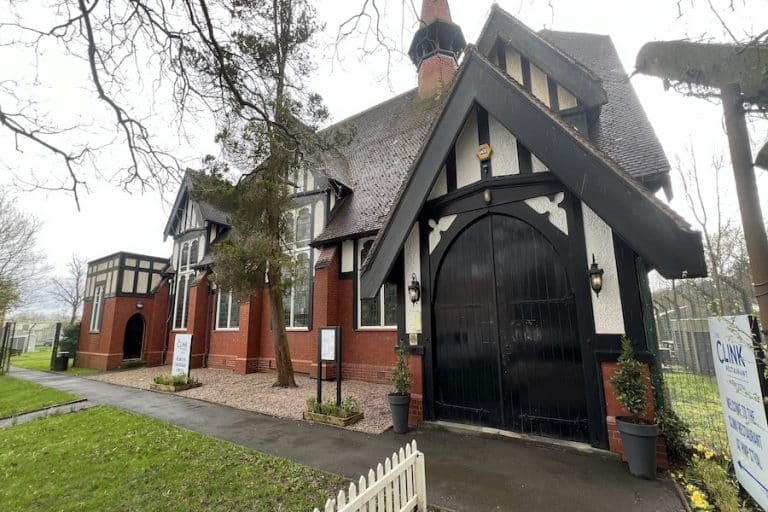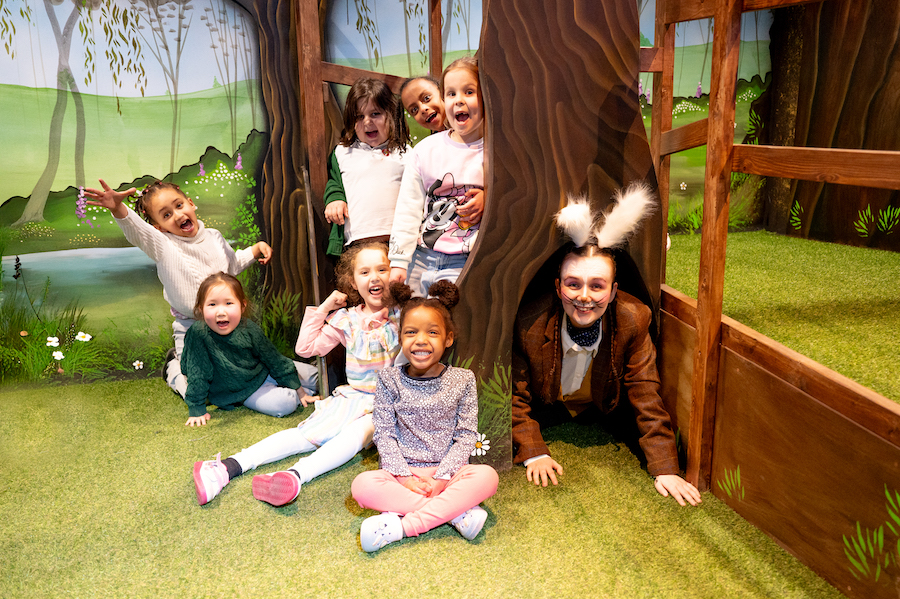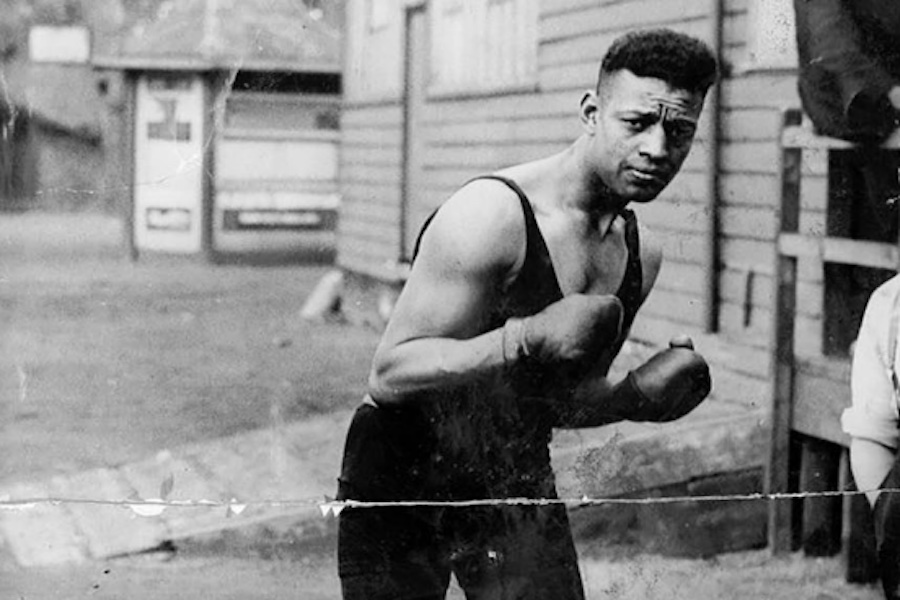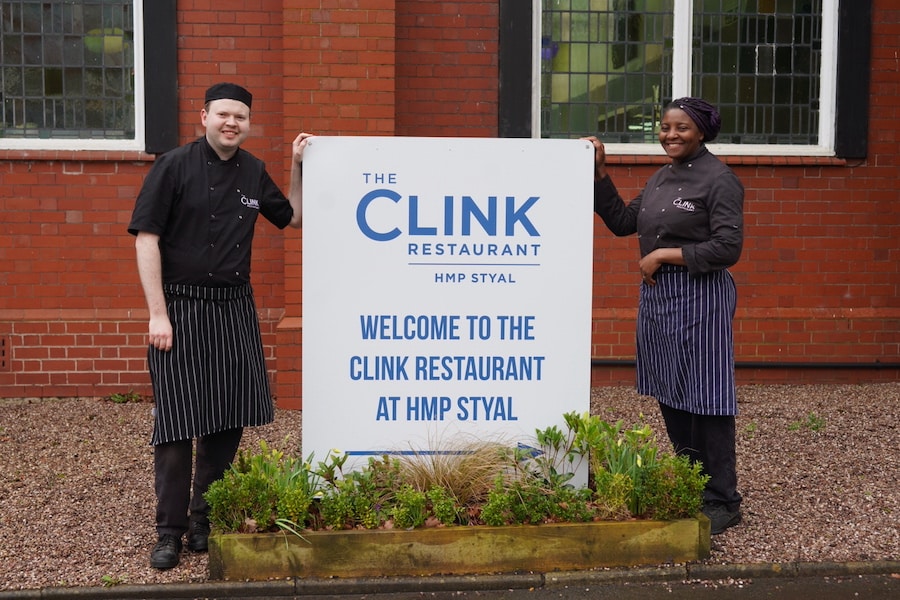Learn how to make a proper coffee and froth with this barista school
- Written by Chris Greenhalgh
- Last updated 2 years ago
- City of Manchester, Food & Drink, Sponsored
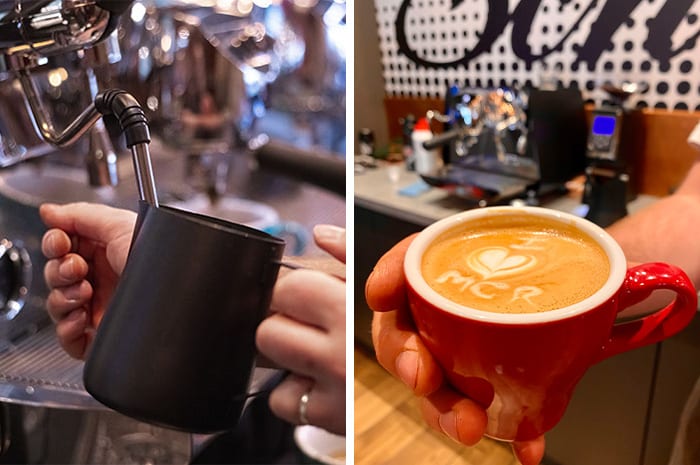
Everyone’s a coffee aficionado these days, and although you might think you’re a barista at home, you know nothing until you’ve partaken in the Barista School at 200 Degrees Coffee.
If you love coffee and spend a lot of time in Manchester’s coffee shops but, admittedly, know very little or nothing about it, you should book the Basic Barista course running every weekend at the new Manchester coffee shop on Mosley Street for the ‘at-home enthusiast and the hospitality expert.’
Just because some coffee comes in cool packaging – or has the word “COLUMBIA” written across the bag – that doesn’t mean it’s good.
There are many variations and things to consider when making coffee at home: the coffee’s country of origin, the type of bean, the grind size, the tamping pressure, the extraction time; and apparently even water PH levels can affect the perfect cup.
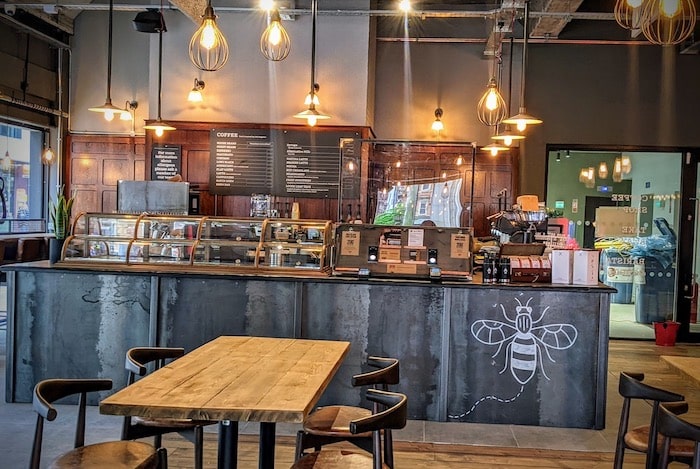
It will all become clearer at the Manchester Barista School, hosted by their resident coffee connoisseur, Mani (not the bassist from The Stone Roses – just a genuine coffee geek).
Courses are every Saturday and Sunday from 10 am and lasts for about 3 hours – 2.5 hours of which are practical – and cost from £75 per person.
The first section of the school session is a digital presentation and a talk on the history and background of coffee, where it comes from, and how it’s farmed.
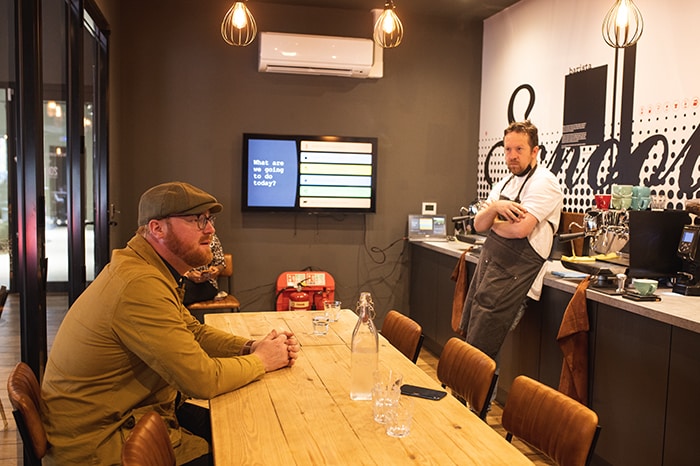
In case you didn’t know, coffee beans are grown as a pair inside cherries on little plants typically originating in countries across the equator such as Ethiopia, South America, Africa and Asia.
The two main types of coffee beans are Arabica and Robusta. Arabica beans are considered the better quality of the two because of their depth and body, and the latter is considered the lesser of the two.
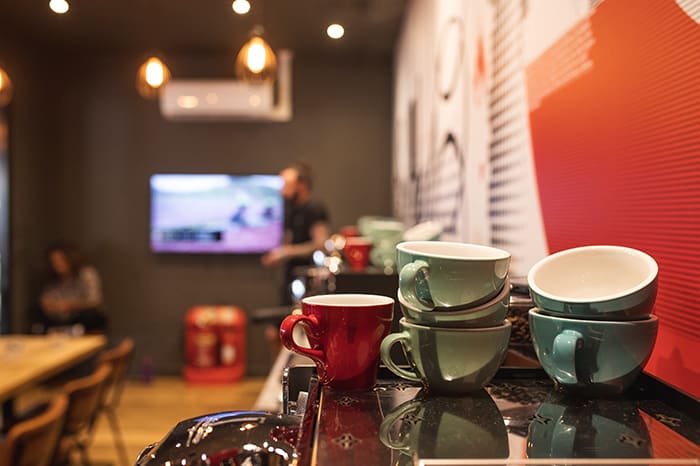
The cherries are picked, the beans are dried, packed and shipped, then eventually roasted and packaged for sale worldwide.
How to make a cup of coffee like a barista

Now for the practical part of the course. You grind the coffee beans and weigh 18 grams before you ‘tamp’ the ground coffee into the portafilter in an in-and-out motion – and ‘not twisting or rocking’ with the tamper.
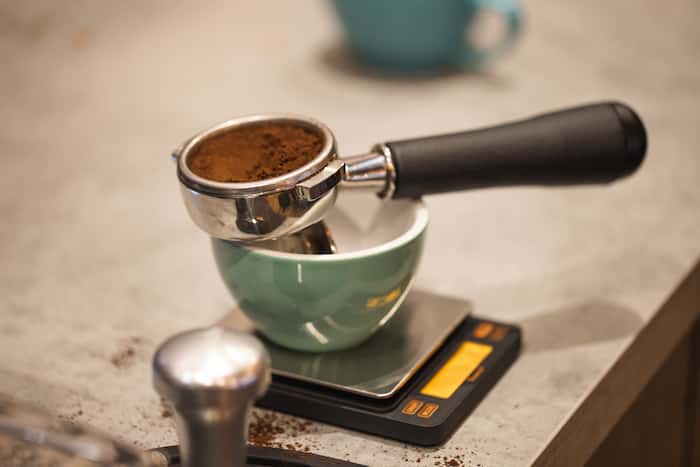
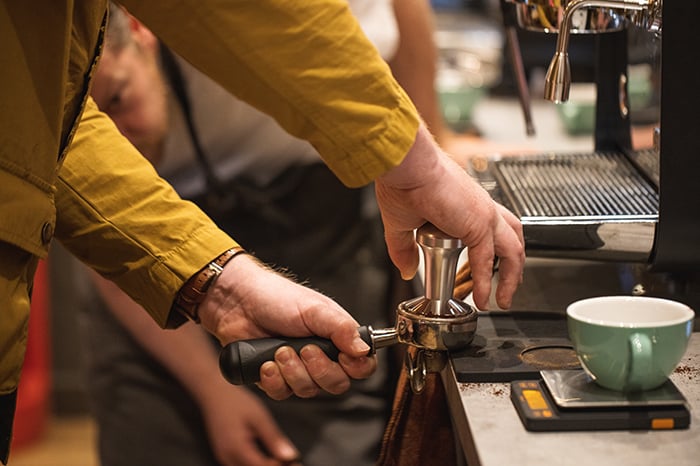
When we ‘pull an espresso’, we’re looking at extraction – which is ‘the moment water hits the coffee – and I’m told ‘a good extraction time for a double espresso is between 25-30 seconds’.
That depends on the chosen coffee and your personal taste. It’s completely subjective, of course, but this is what the expert recommends for the best-balanced flavour.
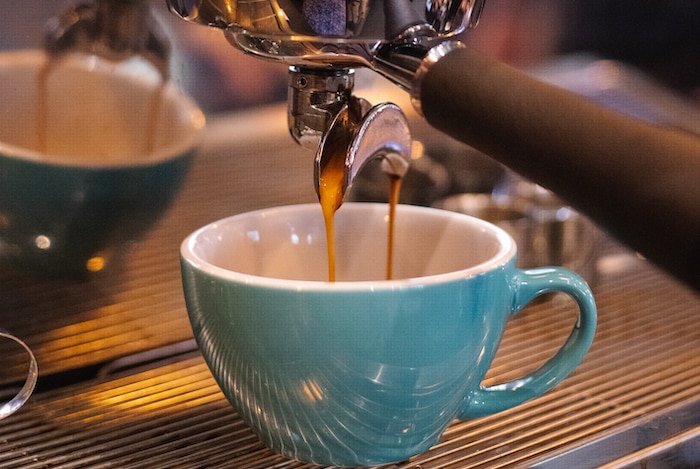
We then extract the coffee from the portafilter (aka basket) into a cup for the aforementioned amount of time (between 25-30 secs) before we heat the milk for pouring.
Pour milk into the provided jug on a level with the bottom of the spout and offer it up to the wand’s nozzle. We want to get air ‘rolling’ around the cup and under the milk before dipping a bit deeper, creating a mini wave-pool until the jug is hot enough to the touch.
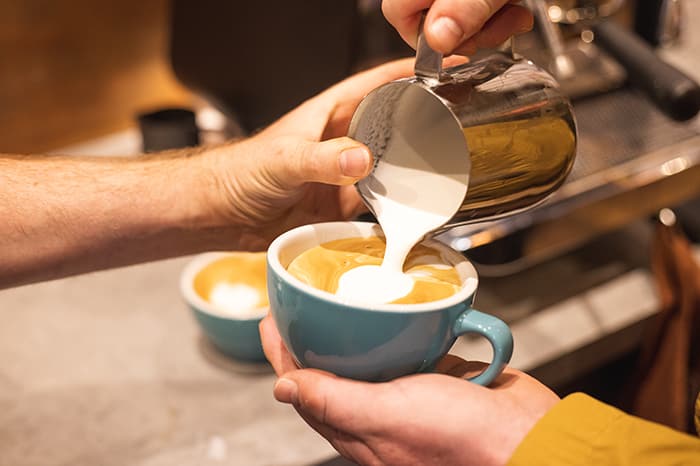
Bang the base of the jug on the worktop to remove any surface bubbles and then swirl it around until it’s ‘nice and shiny.’
How to do latte art
Then it’s the bit we’ve all been waiting for: making art with the milk.
Cradle your cup with your weak hand and pour the milk in a circular motion, then lower the spout to the centre of the cup until a solid white circle appears and pour swiftly away from you through the ‘heart’ of the blob.

Try a love heart for starters until you get good enough to do a tulip – until you get cocky enough to do a swan.
Do you reckon you could do an I Love (heart) MCR pattern (pictured)? Thanks, Mani.
Barista classes in Manchester
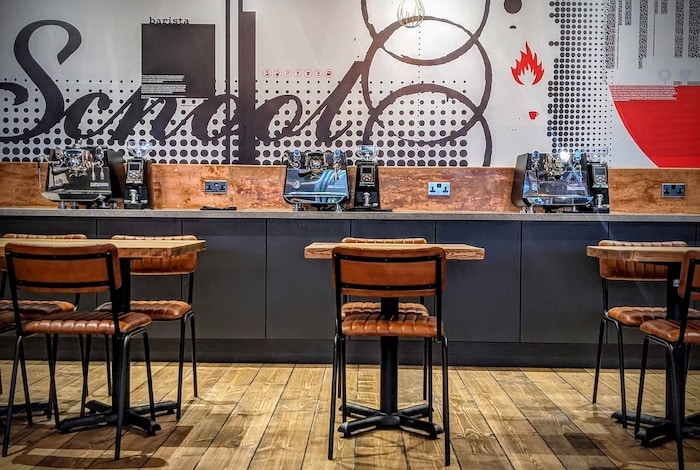
The “Basic Barista” course is for the ‘at-home enthusiast and the hospitality expert.’
Once you actually do know a thing or two about proper coffee and you no longer *panic* when the milk jug gets too hot, other courses include “Home Brew”, for the at-home enthusiast and filter coffee cafe; “Intermediate Barista”, for coffee brewing enthusiasts and connoisseurs; or “Latte Art”, for the skilled professional barista and enthusiast.
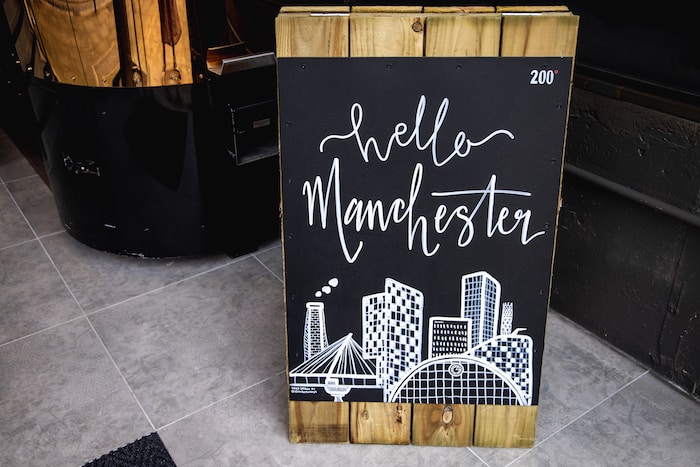
Groups can book a “Bespoke Team Building” course for office days out, special occasions, or just an excuse to meet up with fellow coffee-loving friends.
The Barista School in Manchester is hosted every Saturday and Sunday from 10 am.
Classes last for about 3 hours and cost £75 per person, including a bag of 200 Degrees coffee beans to take home and a voucher for 10% off any kit in-store.
Coffee lovers are also encouraged to enquire about bespoke sessions during the week.
- This article was last updated 2 years ago.
- It was first published on 24 June 2021 and is subject to be updated from time to time. Please refresh or return to see the latest version.
Did we miss something? Let us know: press@ilovemanchester.com
Want to be the first to receive all the latest news stories, what’s on and events from the heart of Manchester? Sign up here.
Manchester is a successful city, but many people suffer. I Love Manchester helps raise awareness and funds to help improve the lives and prospects of people across Greater Manchester – and we can’t do it without your help. So please support us with what you can so we can continue to spread the love. Thank you in advance!
An email you’ll love. Subscribe to our newsletter to get the latest news stories delivered direct to your inbox.
Got a story worth sharing?
What’s the story? We are all ears when it comes to positive news and inspiring stories. You can send story ideas to press@ilovemanchester.com
While we can’t guarantee to publish everything, we will always consider any enquiry or idea that promotes:
- Independent new openings
- Human interest
- Not-for-profit organisations
- Community Interest Companies (CiCs) and projects
- Charities and charitable initiatives
- Affordability and offers saving people over 20%
For anything else, don’t hesitate to get in touch with us about advertorials (from £350+VAT) and advertising opportunities: advertise@ilovemanchester.com
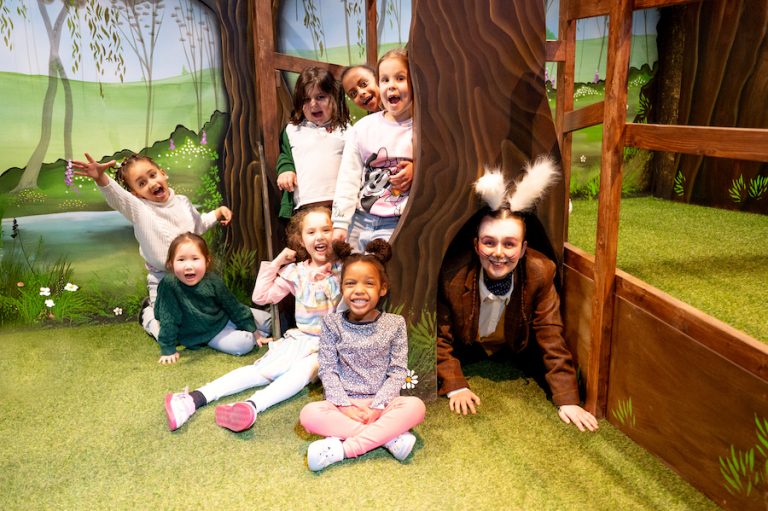
Head down the rabbit hole for Adventures in Wonderland with Z-arts
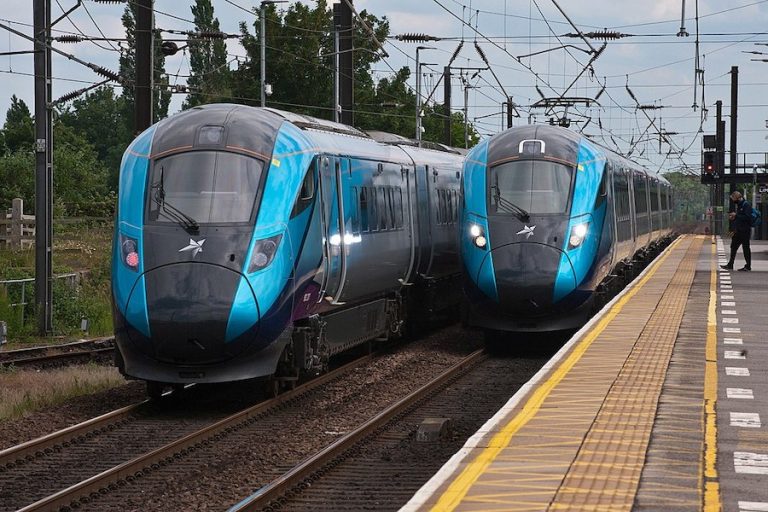
Major rail investment set to transform Manchester-Leeds commutes

“His presence will be deeply missed” Children’s hospice bids farewell to their visionary CEO

Has Gordon Ramsay created Manchester’s ultimate bottomless brunch?

The Clink celebrates ten years of empowerment and second chances
